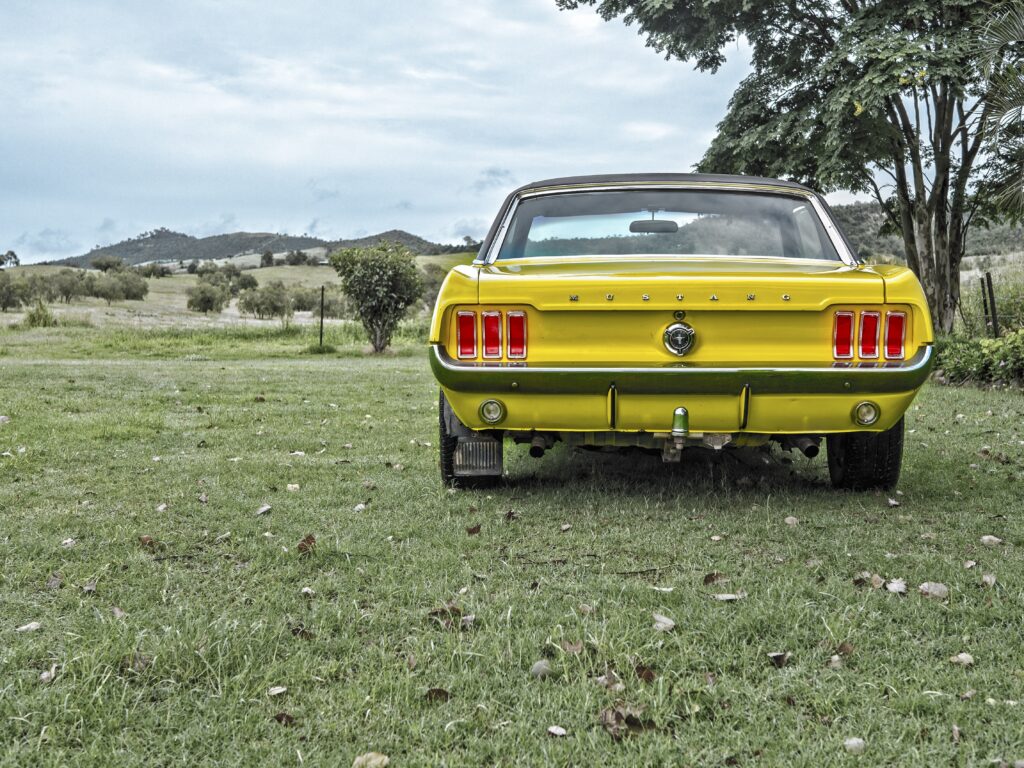
It’s an age-old question in the automotive world: how long can a car really last? Many factors, such as the make and model, driving habits, and maintenance schedule, play a significant role in determining a vehicle’s lifespan. However, one crucial element often overlooked is the type of miles driven. In this article, we’ll delve into the concept of “200k highway miles” and what it implies about a vehicle’s longevity.
Understanding Highway Miles
What are Highway Miles?
Highway miles refer to the distance a vehicle travels on highways or interstates, typically involving long uninterrupted stretches at constant speeds. These miles are generally considered “easier” on a vehicle than city miles, which involve frequent stops and starts, leading to more wear and tear.
Why are Highway Miles Less Stressful for Cars?
Consistent Speeds: Highway driving allows a car to maintain a consistent speed, reducing the strain on the engine and transmission.
Less Braking: Highways require less frequent braking, reducing wear on brake pads and other related components.
Reduced Idling: Unlike city driving, highway driving involves minimal idling, reducing the wear on engine components.

Impact of 200k Highway Miles on a Vehicle’s Lifespan
Mileage vs. Age
You might wonder, “Isn’t a car with 200k miles worn out?” Not necessarily. A car with high highway mileage can often be in better condition than a low-mileage city car. It’s essential to consider not just the mileage but also the age of the vehicle and the kind of miles it has driven.
Maintenance is Key
Regardless of highway miles, regular maintenance is crucial in extending a vehicle’s lifespan. This includes routine oil changes, brake checks, tire rotations, and timely repairs.
Identifying a Well-Maintained Car with High Highway Miles
Here are some tips to help you identify a well-maintained vehicle with high highway miles:
Service Records: Look for a vehicle with complete service records. This shows that the previous owner took care of the car and performed regular maintenance.
Mechanic Inspection: Before purchasing, have the vehicle inspected by a trusted mechanic to uncover any potential issues.
Car History Report: A car history report can provide valuable information about the vehicle’s past, including accidents and ownership history.

Optimize Your Mileage with a Mileage Blocker
Looking to maximize your vehicle’s efficiency? Consider a mileage blocker device. Mileage blocker is an extraordinary module that is capable to halt adding up mileage from all control units. What makes it special? It is able to do it all untraceably. Altered data remains untraceable unconditionally. The premium-quality module is created for useful purposes, such as testing your automobile without worrying about unnecessary miles displayed on the odometer. However, because of its flawless performance and reliability, it is used for malicious purposes. the producers of these tools do not recommend their unethical usage. What is the best advantage you get? The kilometers do not add up spontaneously after removing the module. Visit SuperKilometerFilter to explore the benefits today!
Conclusion
In conclusion, a car with “200k highway miles” can still have a lot of life left, provided it has been well-maintained. It’s important to look beyond the mileage and consider other factors such as the car’s maintenance history and driving conditions. With careful consideration and proper care, a high-mileage car can prove to be a reliable and economical choice.
Latest Posts
- 1
- 2
Is Buying a Car with Over 100k Miles a Good Idea?
April 10, 2024 - 3
Why Are High Mileage Cars So Expensive? – A Guide
April 5, 2024 - 4
Where Is The Mileage Located In A Car?
April 3, 2024 - 5
Whats High Mileage in Vehicles?
March 29, 2024 - 6
What’s The Gas Mileage On A Smart Car: A Comprehensive Guide
March 27, 2024 - 7
At What Mileage Should You Sell Your Car?
March 22, 2024 - 8
Should You Buy a Car with Over 100k Miles?
March 20, 2024 - 9
Should You Buy a Car with 100k Miles?
March 15, 2024 - 10
Understanding ODO Meaning in a Car
March 13, 2024








